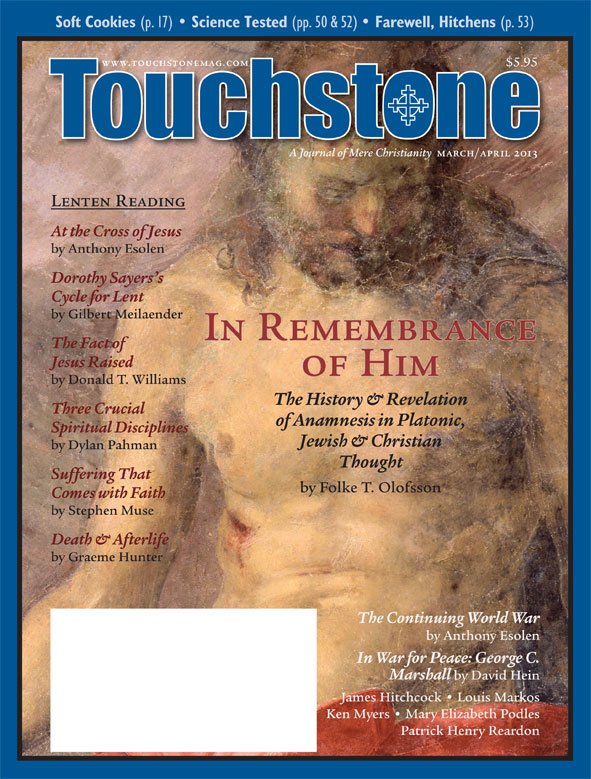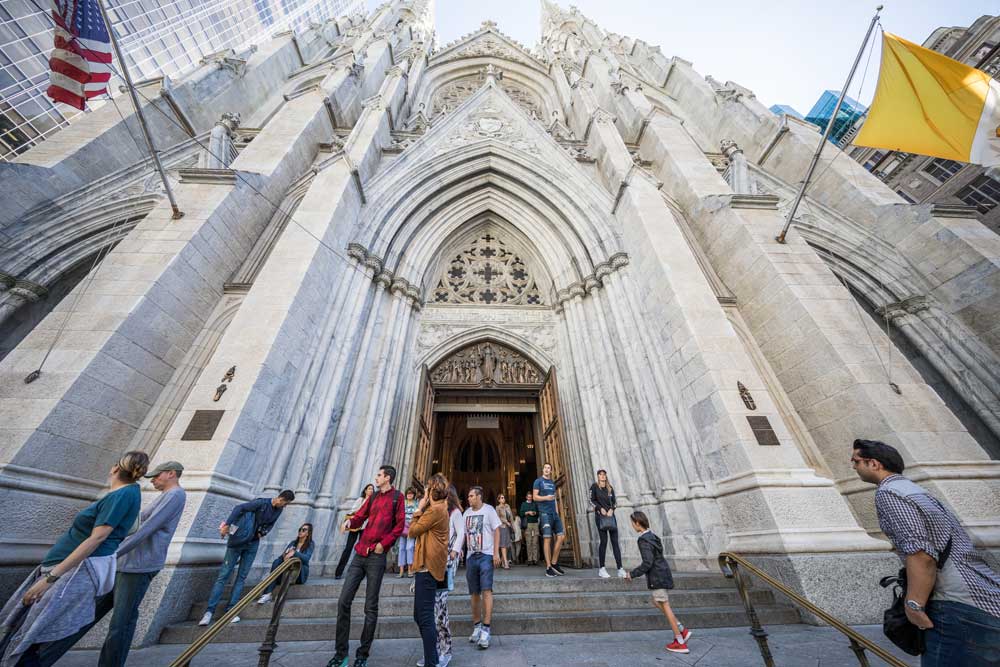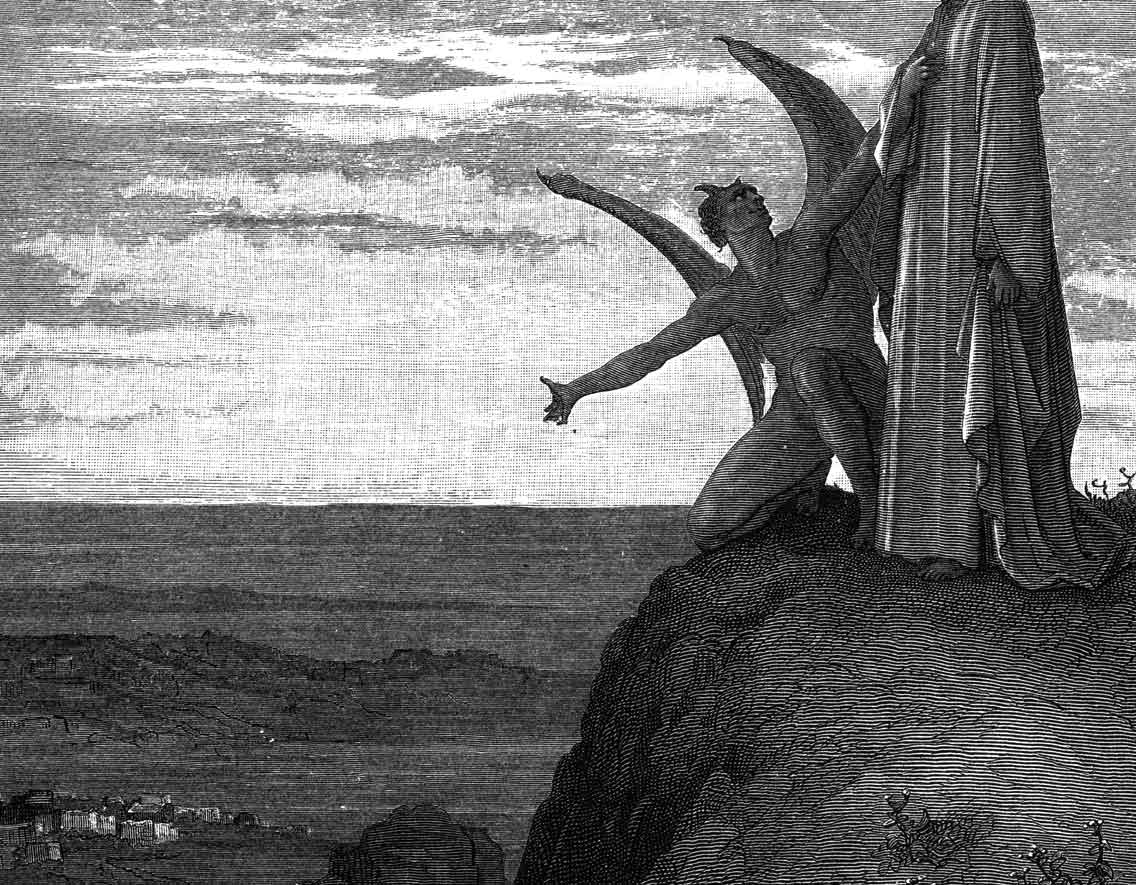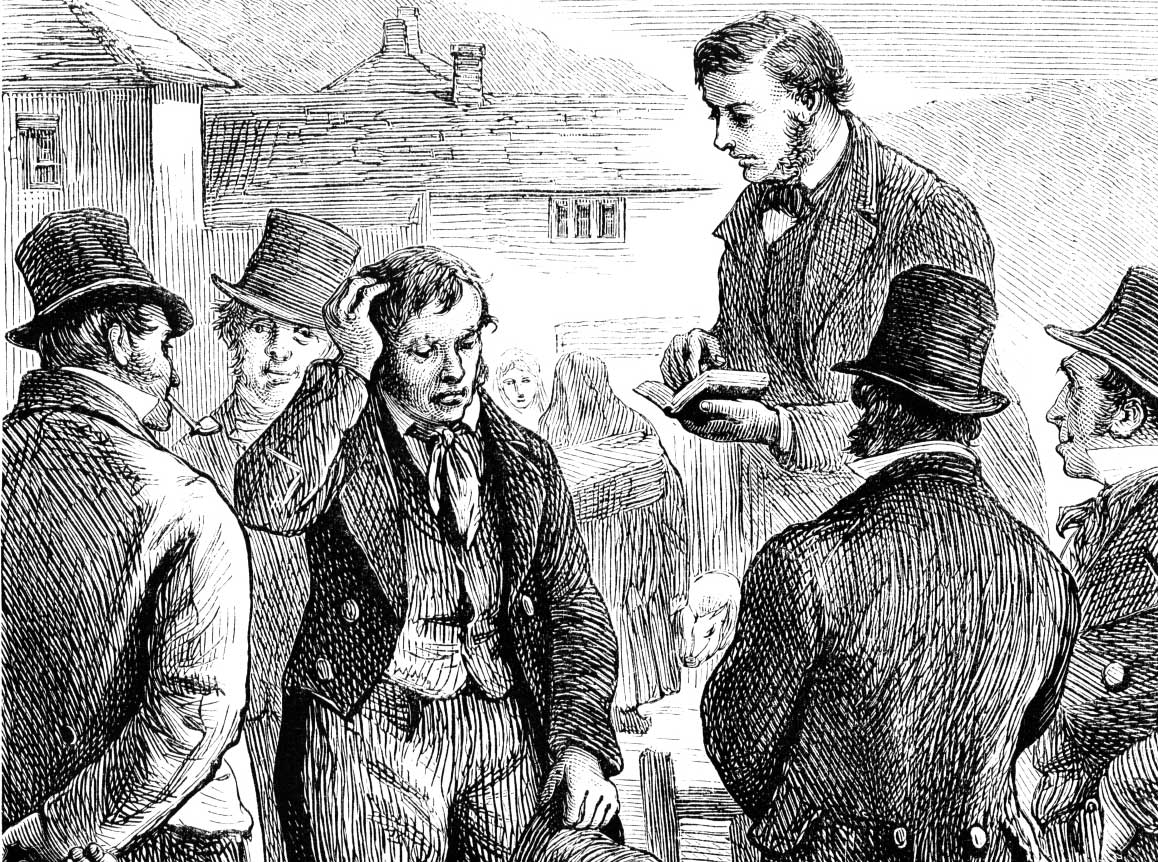View
Body of Evidence
Donald T. Williams on Liberal Klingons & the Hard Facts of Christian Faith
In a fascinating episode of Star Trek: The Next Generation, Kahless, the Klingon messiah, appears to have returned from death in fulfillment of a prophecy. Lt. Worf, the Klingon security officer on the Enterprise, has to decide whether or not he believes in the return. It turns out that the new Kahless is not really the genuine Kahless come again, but a clone of the original Kahless created in a laboratory. Nevertheless, conflict between those who accept his claims and those who do not threatens to plunge the Klingon Empire into civil war.
Worf comes up with a political compromise to save the Empire. In the process, there is much discussion of how to evaluate religious truth claims—a discussion that is relevant to Christian faith in the twenty-first century. It turns out that, for Klingons, faith is very much what it is for most modern and post-modern human beings, including many Christians—but not what it is for historic Christianity. And thereby hangs a tale.
As Worf is considering the claims of the allegedly resurrected Kahless, he is challenged: what empirical evidence is there for the truth of these claims? I would have thought this a good question, but Worf's answer is startling. "It's not an empirical matter," he replies. "It's a matter of faith."
Note carefully the implicit assumptions that lie behind that reply. "Empirical matters" and "matters of faith" are two different things, indeed, two different kinds of things. A question must be one or the other; it cannot be both. Faith therefore is something that exists independently of empirical evidence; evidence is irrelevant to faith. Faith must be affirmed or withheld on some other (unspecified) basis. On this view, the person asking for evidence regarding religious truth claims—evidence for "matters of faith"—has just committed a category mistake.
Two Hermetically Sealed Compartments
These assumptions are confirmed at the end of the episode. The clone is accepted, not as Kahless himself, but as his heir and prophet. Worf is still troubled by the apparent disconnect between Faith and Fact (strangely, given his earlier response). The clone's last words to him give the writers' concluding point. "If his [Kahless's] words are true, if his philosophy is honorable, what does it matter if he returns? Perhaps the words are more important than the man."
In other words, if it gives meaning to your life, embrace it, and don't worry about crude details like factual accuracy. Faith and Fact live in two separate, indeed, hermetically sealed, compartments. To try to make them meet betrays a primitive, uncivilized, dare we say Fundamentalist, mentality. Even the Klingons have evolved beyond that now!
The writers have simply reflected the conventional wisdom of modern and post-modern man about the nature of faith. It is a perspective that explains the paradox of liberal Protestantism, which wants still to follow Christ's words but be untroubled by whether he was actually born of a virgin or was raised from the dead or not. These unspoken assumptions are also held by a substantial number of the young Evangelicals who come to the conservative Christian college where I teach. They would be shocked to think so, since they do still believe that Jesus did rise from the dead. But they have a pietistic resistance to subjecting their faith to rational testing, because faith is, after all, a matter of the heart. They think faith and reason are a zero-sum game: The more you have of one, the less remains of the other.

So, in principle, they are no different from their liberal and secular peers in their understanding of what faith is. The Resurrection of Christ is not, in the final analysis, an empirical matter for them any more than the return of Kahless was for Lieutenant Worf.
The Uselessness of Words Without Fact
These students, in unthinking agreement with their surrounding culture, are also in antithetical disagreement with the Bible and with the historic Christian faith on this point. Their view would have made no sense to Jesus, for example. He asked Nicodemus, "If I have told you of earthly things and you do not believe, how shall you believe if I tell you of heavenly things?" (John 3:12).
It would have made no sense to the Apostle Paul. He told the Corinthians, "If Christ has not been raised, your faith is worthless; you are yet in your sins" (1 Cor. 15:17), and added, "If we have hoped in Christ in this life only, we are of all men most miserable" (15:19).
And it would have made no sense to the early Christians. Jesus' words were extremely important to them, of course; but what really mattered for them was what he did. All four canonical Gospels devote about fifty percent of their space to one week of Jesus' life: Passion Week. What was supremely important was that Christ died for our sins, and that the Father showed his acceptance of that sacrificial and atoning death by raising him from the dead in, as Francis Schaeffer would have said, "space, time, and history." Paul summarizes their consensus well: if these things did not happen, in plain, hard Fact, then the Words alone don't do much for us. We are yet in our sins.
The early Christians, then, had it exactly opposite to what the cloned Kahless says and many Christians in the pew think. The Man is more important than the Words. The Words are important because they come with his authority. His authority came from who he was, which he showed by what he did. Come put your hands in his side and feel the empirical evidence, Thomas was told. Not only is there no Faith/Fact dichotomy; allowing any such dichotomy was held to be destructive of Christian faith. Allowing any such dichotomy was held, in fact, to render Christian faith precisely pointless.
Reality-Based Faith
This contrast should be pondered seriously by those who profess faith in Christ today. Many of us still hold to the Facts of the Faith, but our Faith in those Facts has been tainted by corruption from an essentially pagan worldview. Christian faith is not what Francis Schaeffer described as an irrational "leap" into an "upper storey" of mystical meaning. It is reality-based, and therefore open to investigation and verification (or falsification). Let us learn once again to confess it so, by being always ready to give a defense to anyone who asks us a reason for the hope that is within us (1 Pet. 3:15).
Faith may not be an empirical matter for Klingons. For Christians, it has to be. If it is not reality that Christ is the Way, the Truth, and the Life, we are of all men most miserable. •
Donald T. Williams Ph.D., is Professor Emeritus of Toccoa Falls College and the author of Deeper Magic: The Theology Behind the Writings of C. S. Lewis (Square Halo Books, 2016) and Ninety-Five Theses for a New Reformation: A Road Map for Post-Evangelical Christianity (Semper Reformanda Publications, 2021).
bulk subscriptions
Order Touchstone subscriptions in bulk and save $10 per sub! Each subscription includes 6 issues of Touchstone plus full online access to touchstonemag.com—including archives, videos, and pdf downloads of recent issues for only $29.95 each! Great for churches or study groups.
Transactions will be processed on a secure server.
more on liberalism from the online archives
more from the online archives
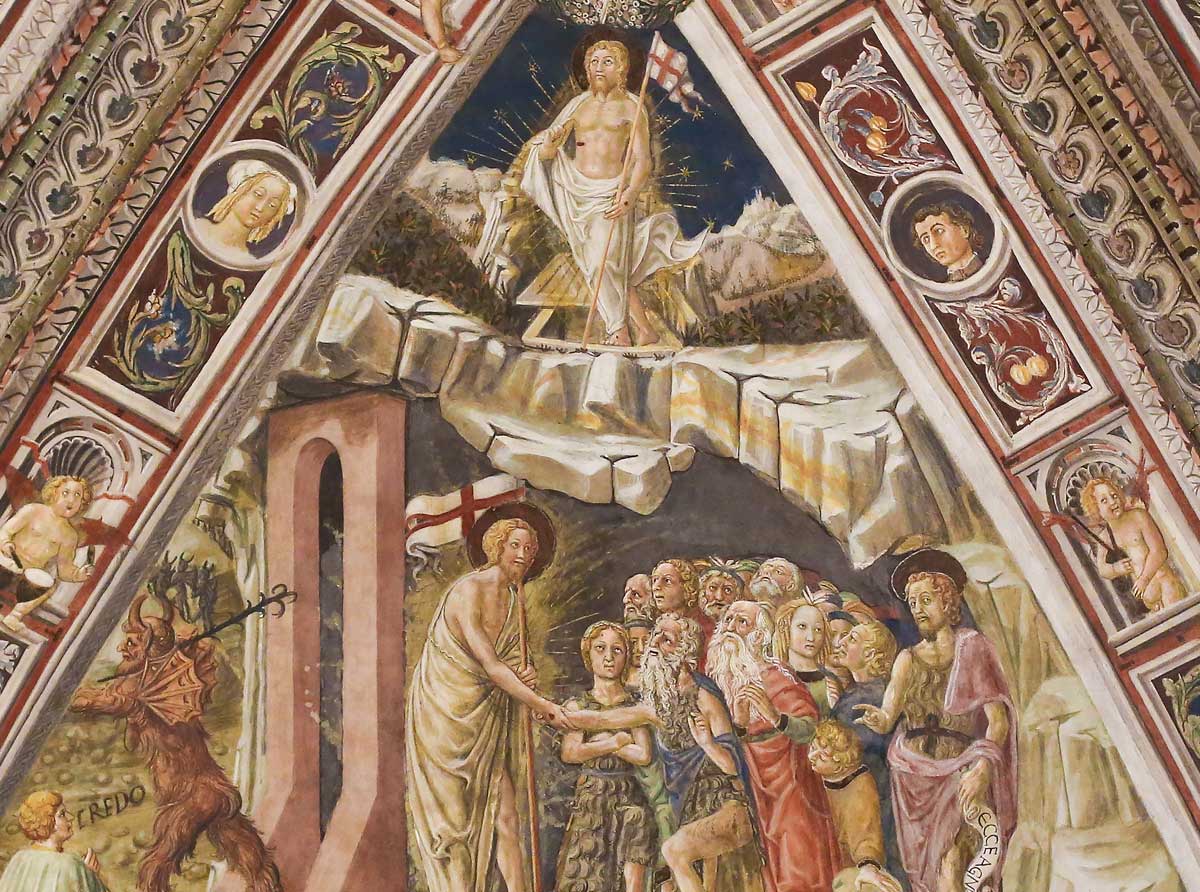
14.6—July/August 2001
The Transformed Relics of the Fall
on the Fulfillment of History in Christ by Patrick Henry Reardon
calling all readers
Please Donate
"There are magazines worth reading but few worth saving . . . Touchstone is just such a magazine."
—Alice von Hildebrand
"Here we do not concede one square millimeter of territory to falsehood, folly, contemporary sentimentality, or fashion. We speak the truth, and let God be our judge. . . . Touchstone is the one committedly Christian conservative journal."
—Anthony Esolen, Touchstone senior editor




